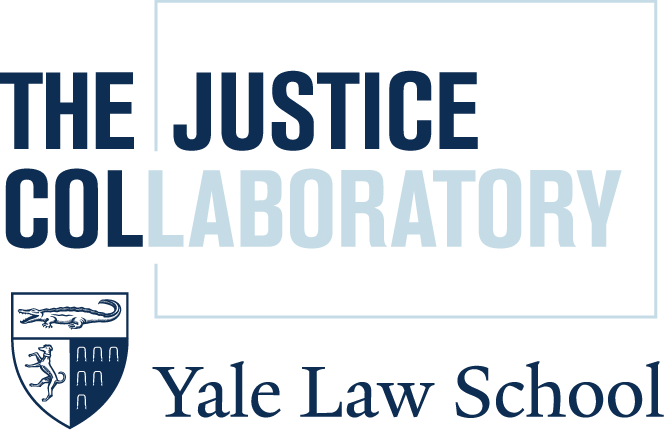Justice Happens Here
Justice Happens Here is the Justice Collaboratory’s blog written by its senior research team. The Justice Collaboratory’s mission is to bring the latest ideas in the social sciences to bear on current problems. Rooted in the tenets of procedural justice, we seek to improve both the criminal legal and social media governance systems.

The falling dominoes: on tech-platforms recent user moderation
Tech-platforms in the past week had to remove and ban someone because of inciting violence. That person happened to be the President of the United States.
SMGI 2020 Recap & Looking Ahead
The notorious 2020 is going to end soon, and we look forward to a fresh start in 2021. At the Social Media Governance Initiative (SMGI), we refined our goal this year to bring prosocial governance mechanisms to tech corporations and social media platforms.
Making Facebook Oversight Board Pro-Social
In 2018, Mark Zuckerberg announced that, to make Facebook’s oversight and governance independent, they wanted to convene an appeals mechanism.
Police Reform Challenges and Opportunities: Lessons from a Study of the Police
The Justice Collaboratory spoke to Daniela Gilbert, Master of Public Administration (MPA), to discuss some important lessons relating to police research, and challenges and opportunities that police face in attempting to reform their departments and relations with the community.
The social media executive order: regulation of behavior not content
Last week Twitter flagged a tweet from the U.S. President as false. Consequently, the President decided to issue an executive order “on preventing online censorship.” While we have observed the apparent self-defeating nature of this order, there is a bigger issue at stake.
ACLU-CT, Yale Law School Professors, and Others Seek Protection for Incarcerated Persons during a Global Pandemic
Earlier this month, the ACLU of Connecticut, Connecticut Criminal Defense Lawyers Association, incarcerated individuals, and lawyers from Yale Law School’s Lowenstein International Human Rights Clinic and Jerome N. Frank Legal Services Organization brought a lawsuit against Governor Ned Lamont and Department of Corrections Commissioner Rollin Cook to prevent the spread of COVID-19 by reducing correctional facility populations.
Pro-social media and COVID-19 disinformation
In the face of COVID-19, social media platforms are adopting various approaches to govern their users’ behaviors. Most platforms are carrying on with typical response techniques they believe to be effective, like blocking users, removing content, or using automated enforcement for bulk removal.
The Pro-Social Movement Starts Here
The Justice Collaboratory’s Social Media Governance Initiative (SMGI) aims to shape and lead a concerted pro-social movement for social media platforms. We want to encourage online decision makers to promote cooperation and enable communities to advocate for social norms and moral values that advance civil and civic society.
Strengthening Juries and Leading Reforms in New Orleans: An interview with Will Snowden
Will Snowden is the founder of the Juror Project and director of the New Orleans office of Vera Institute of Justice. Will spoke to Collab in Action about the Juror Project, a nonprofit that aims to increase the diversity of jury panels and change perspectives on jury duty through community education.
Restoring Rights and Dignity: An Interview with Syrita Steib and Annie Phoenix
Syrita Steib and Annie Phoenix are the co-founders of Operation Restoration, a New Orleans based organization that supports formerly incarcerated women and girls. They spoke to Collab in Action about their legislative victories, empowering women through employment and education, their advocacy work and vision for expanding Operation Restoration’s outreach and impact.
Govern Fast and Break Things
The following is a commentary from the Justice Collaboratory’s Director of Social Media Governance Initiative Farzaneh Badiei.
Facebook (still) lacks good governance
This week, Facebook made two key announcements about combating hate and extremism online and the establishment of an independent oversight board. The announcements were timely and strategic: on Wednesday, September 18, Facebook and other tech giants had a hearing at the US Senate about “Mass Violence, Extremism, and Digital Responsibility.”
This blog is published by and reflects the personal views of the individual authors, in their individual capacities. It does not purport to represent Yale University's institutional views, if any. No representation is made about the accuracy of the information, which solely constitutes the authors’ personal views on issues discussed. The information contained in this blog is provided only as general information and personal opinions, and blog topics may be updated after being initially posted.
